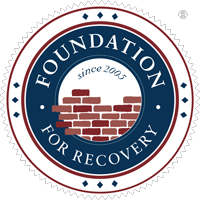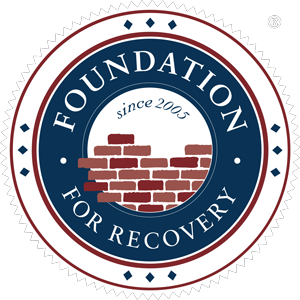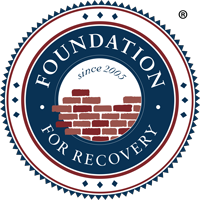Certified Prevention Specialist
The Nevada Behavioral Health Association (NBHA) is pleased to announce the launch of internationally recognized, IC&RC Prevention Specialist certification in Nevada.
“Quality care requires a competent workforce that is well trained, educated, and skilled in providing appropriate services.” -The International Certification and Reciprocity Consortium (IC&RC)
Certification allows prevention professionals:
- Recognition
- Accountability
- Enhanced career standing and the potential for advancement
Don’t wait. Apply now for reduced fees and examination waivers through September 30, 2017.
For additional details, requirements for education and experience, applications, and a list of frequently asked questions, see Nevadabha.org or contact Natalie Powell, npowell@casat.org .
See the CASAT training website for upcoming SAPST and Prevention Ethics trainings that meet certification requirements, https://training.casat.org/
A GRANDFATHERING PERIOD for credentialing will be open from April 1 through September 30, 2017.
During the grandfathering period for Prevention Specialists:
- The IC&RC Prevention Specialist examination is waived (Savings of $115!)
- The price for initial two-year certification is reduced to $135
After September 30, 2017, the cost for initial certification is $250
REQUIREMENTS for CERTIFIED PREVENTION SPECIALISTS (CPS)
- Experience: 2,000 hours of prevention work experience specific to the PS domains, within the past seven years.
- Education: High school diploma or jurisdictionally certified high school equivalency. 120 hours specific to the domains, completed within the past five years. 24 hours must be ATOD specific. Six hours must be in prevention ethics and must have been completed within the past two years.
- Supervision: 120 hours specific to the domains with a minimum of ten hours in each domain within the past seven years.
- Examination: CBs must require all applicants to pass the IC&RC PS Examination. *
- Code of Ethics: The applicant must sign a prevention specific code of ethics statement of affirmation that the applicant has read and will abide by the code of ethics provided by the NBHA CB.
- Recertification: 40 hours of continuing education earned every two years, including 6 hours of training in prevention ethics.
- *Exam may be waived by the CB during grandparenting period. Once grandparenting closes, all candidates applying for the PS credential would have to meet all standards including passing the examination. The exam can only be waived during a grandparenting period.
- The acronym CBs used above refers to “Certification Boards.”
Domains
- Planning & Evaluation
- Prevention Education & Service Delivery
- Communication
- Community Organization
- Public Policy & Environmental Change
- Professional Growth & Responsibility
Application Materials
- CPS Application
- NVBHA Credentialing Board Prevention Specialist Domains Self-Assessment
- NVBHA Credentialing Board Code of Ethics for Prevention Specialists










